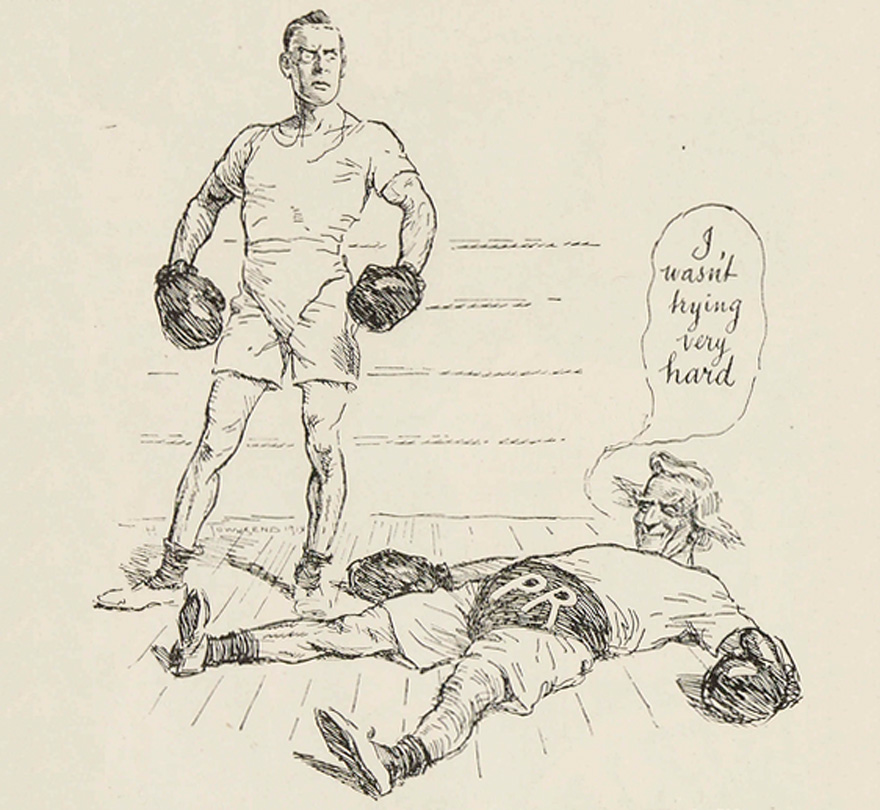Unionist MPs say they don’t want proportional representation
Westminster, 25 March 1919 - Unionist MPs in the House of Commons have opposed a bill that would introduce proportional representation (PR) for local government elections in Ireland on the basis that it would no longer align with Britain on such matters.
The PR proposals have received a generally favourable response in the Irish press and a second reading of the bill, passed comfortably by a majority of 170 votes to 27. Southern unionists and Irish nationalists supported the proposal, but not the Ulster unionists, whose position, the Irish Times has claimed, will ‘grieve and surprise all southern unionists’.
Major Hugh O’Neill, MP for Mid Antrim, moved a motion urging the House to decline to proceed with the bill on the grounds that it introduces a voting system in Ireland that is different to that in Great Britain.
When Major O’Neill also confessed to the parliament that he didn’t actually understand PR, Sir Edward Carson interjected, to laughter, ‘Hear, hear. Neither do I.’ Major O’Neill then added that he objected to Ireland being ‘made the subject of an experiment’.
Sir Edward Carson, who complained about the lack of consultation with Irish representatives on this bill, had his arguments thrown back at him by fellow Belfast MP, Joseph Devlin, who claimed that the logic of Mr Carson’s point ran in favour of Irish home rule.
‘Does he not know as well as we do that every action of the Government is taken without consultation with any representative authority in Ireland?...What I complain of in regard to the right honourable member for the Duncairn Division is that, while he gets up in this House and works himself into a perfect agony of indignation against the treatment of Ireland by the British Government, when it comes to the question of carrying his own arguments to their logical and legitimate conclusion, he is the most bitter and violent antagonist of the only possible means by which a situation of that sort can be met.
‘We say, and we have said for thirty or forty years, that if you are going to deal with Irish affairs to the satisfaction of the Irish people; if you are going to accept constitutional principles in the guidance of the destinies of either this nation or of Ireland, the only way in which you can do it is by placing the sole and entire responsibility of the government of the country and its administration upon the shoulders of the people themselves.’
Mr Devlin pointed out that the purpose of PR was to provide representation to minorities. Sir Maurice Dockrell, in a similar vein, highlighted that he was the sole representative in the House of Commons for 350,000 unionists in South Dublin and that the bill proposed will have ‘the effect of giving representation where it does not now exist’.
[Editor's note: This is an article from Century Ireland, a fortnightly online newspaper, written from the perspective of a journalist 100 years ago, based on news reports of the time.]





















